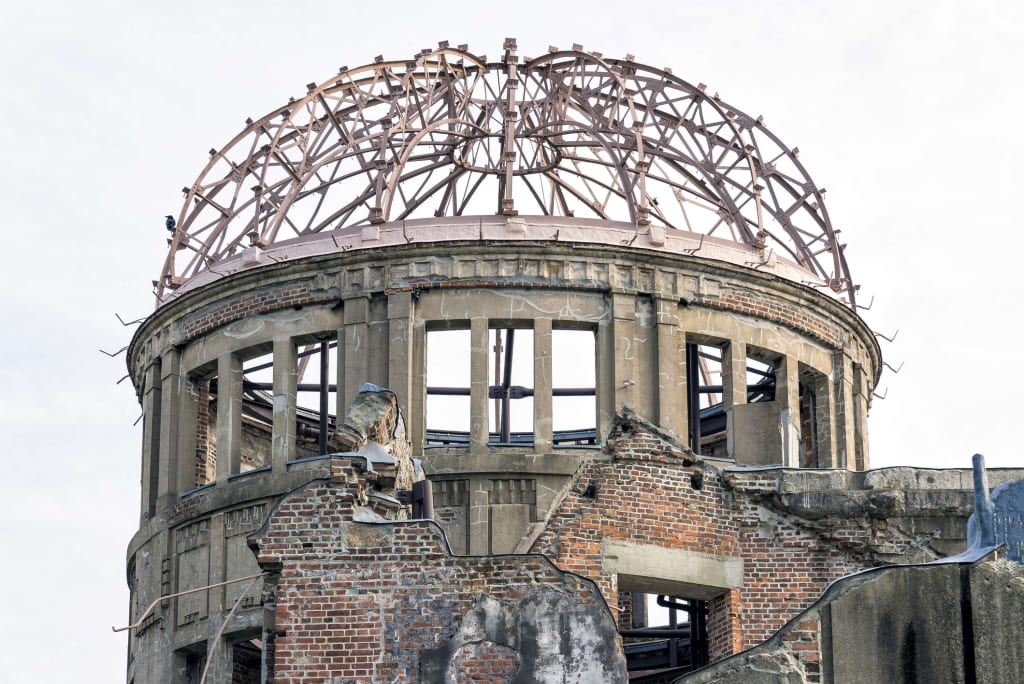
I’m ready to be accused of making this up, but it is a true thing. There is a temporary mental health issue called Jerusalem Syndrome suffered by tourists to the City of Jerusalem. It starts spontaneously and randomly with a visitor’s intense focus on cleanliness. They bathe and shower and cut their finger and toenails obsessively. Then a toga is fashioned from the hotel bedsheets and towels, draped artistically around themselves to represent a character from the Bible.
Singing hymns at top volume or shouting out spiritual texts in role, they set off towards a holy site in Jerusalem, collecting crowds along the way. Once there, they will deliver sermons, nonstop. The topics are often a plea for humankind to adopt a more wholesome, moral, and simpler way of life.
Doctors at Israel’s Mental Health Centre average about 100 tourists a year with Jerusalem Syndrome. The speedy cure is removal from the city. It is not a new condition. It was even documented in the Middle Ages.
Both the cities of Florence and Paris have well documented stats on tourists who are overwhelmed by visits to both these cities. In Florence people have a physical response to the artistic beauty and faint or suffer chest pains. In Paris, some tourists, particularly Japanese, have experienced an emotional breakdown. However, neither of those cities produces the particular intense spiritual experiences as Jerusalem.
No, I didn’t catch Jerusalem syndrome, but I did reflect on the contradictions of this awe-inspiring city, a holy site for three of the world’s great religions, Christianity, Judaism and Islam. The name of the city means A Vision of Peace. And yet barbed wire, landmines, and soldiers were as much a part of the landscape as churches, synagogues and mosques. The city inspired me to reflect deeply on peace and how the focus on our differences makes us enemies when in fact our humanity makes us kin.
Different places, like different people, have their own characters. Some tranquil, others loud, aggressive, enthusiastic, charming, uplifting or downright depressing. Thinking on your own travels, no doubt you could put a few cities into those different categories.
I lived in Japan a few years ago, about 60 miles from Hiroshima. On August 6, 1945, during World War II, an American B-29 bomber dropped the world’s first deployed atomic bomb over Hiroshima. The explosion wiped out 90 percent of the city and immediately killed 70,000 people; 70,000 more later died of radiation exposure.
I visited Hiroshima twice. Nowadays the city is completely rebuilt and looks just like other Japanese post war city – except for the green expanse of the Peace Garden, the skeletal remains of the college preserved as a memorial, and the museum which all bear witness to that day. Although the physical devastation and destruction no longer remain, the emotional and mental impact can still be felt. I was moved to tears by the sentiments in the Peace Garden and the children’s paper cranes of peace. I rang the peace bell, engraved with a world map without national borders, to symbolize a single, unified world. I was filled with hope for peace in our world. Yet, at the same time, a black cloud hung over my spirits. I was exhausted all day and felt as though I was carrying a huge weight of grief. The dreadful feeling did not lift until the bullet train took me miles away from the city.
Japan is a peaceful country. When I lived there, I was never nervous about walking alone at night in the city. I could leave my purse on my teacher’s desk in an unlocked classroom in the University where I taught and it would be there, intact on the following day. Article 9 of the Constitution of Japan is considered the peace clause. It forbids settling international disputes through means of war and bans military maintenance. To quote, Land, sea, and air forces, as well as other war potential, will never be maintained. The whole ethos I experienced there was of respect for each person.
Places hold energy. Did you feel that when you were last checking out a new home? It’s probably true that we know the minute we walk in the front door that we don’t like or want to live there. Or we say something like, “I can see myself living here.”
Places call out for a response and have power to change our perceptions, to influence our thoughts. We’ve all experienced peace of mind in the silence of the forest or feel inspired in the mountains.
I recently moved to Vancouver Island on the west coast of Canada. There are, at a conservative estimate, 11 billion trees on the Island. Waves roll in and the wind sighs through the trees and I am serene. A trip to the city on the mainland is nerve jangling in contrast. Now I find I listen to my dreams and my intuition is stronger.
We say such places are mystical or magical, awe-inspiring or inspirational. They may create disquiet and shift us out of our complacency. They connect us to what is greater than ourselves. Not always as dramatic or traumatic as Jerusalem syndrome of course, but with an impact all the same.
So to all the travellers and explorers, whether you go no further than your own back yard or head off across the globe, here’s a favourite quote from the poet T.S. Elliot. We shall not cease from exploration, and the end of all our exploring will be to arrive where we started. And know the place for the first time





Comments
There are no comments for this story
Be the first to respond and start the conversation.